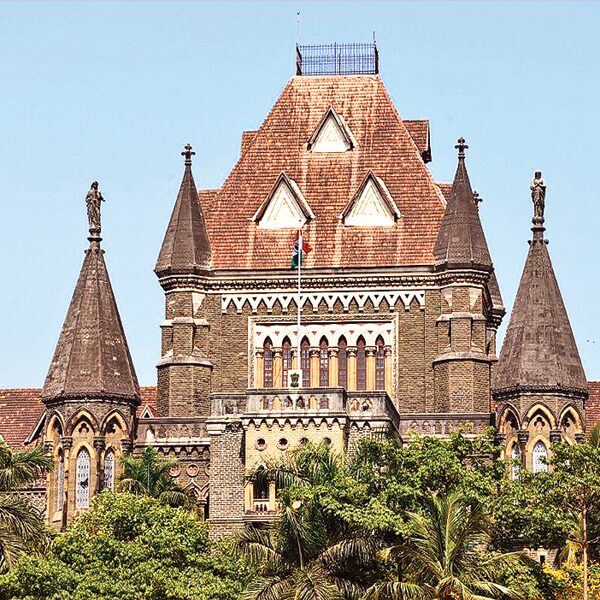A state witness in the 2013 Lucky building collapse, which left 76 people dead, filed the PIL. To save the lives of those who resided there, the PIL demanded that illegal constructions in Mumbra be demolished.
The Bombay High Court asked a lawyer for residents of several Thane district structures that are slated for demolition to demonstrate how an illegal structure may be approved.
Chief Justice Dipankar Datta stated, that the time will be given to leave unless you can prove that the building has permission. You both occupy the same position (as other residents). You won’t be treated differently.

On Tuesday, the chief justice-led panel was hearing two intervention requests submitted by some Shilphata Road near Mumbra homeowners. The interventions were submitted as part of a Public Interest Litigation (PIL) that sought to stop illegal development in the Mumbra neighborhood of Maharashtra’s Thane district.
Santosh Bhoir, a state witness in the 2013 Lucky building collapse that resulted in 76 fatalities, filed the PIL. The PIL had identified a few more illegal structures in Mumbra and called for their destruction to protect the lives of those who resided there.
Only a person who is harmed can appear before the court, according to advocate Mathews Nedumpara, who was speaking on behalf of the occupants of those buildings. “Someone arrives and requests demolition without the accused being charged. This is a heinous abuse of the PIL,” he declared.
“you’re saying that the writ petition is flawed since the parties didn’t join. In this PIL, we are concerned about the residents’ possible deaths. Show us that the structures are authorized, Chief Justice Datta pleaded.
The judges then inquired of the attorney regarding the legality of the buildings he was referring to. We can ask for ratification, advocate Nedumpara retorted. The judges then requested him to demonstrate the legal clause that allows an unauthorized building to be approved. “Show us a law that allows the entire illegal building to be ratified. Right now, show us the law,” commanded Chief Justice Datta.
Attorney Nedumpara retorted that the executive branch is not helpless and that fundamental legal principles apply even in areas not addressed by statutes. The attorney asked for more time and claimed to be familiar with Kerala law before citing the Maharashtra Municipal Corporation Laws. Chief Justice Datta then remarked, “When you are advocating for Mumbaikars, you must be familiar with Mumbai legislation. Unlike Kerala law. He instructed the attorney to return prepared.
Chanting a Sanskrit shloka won’t help until and unless judges grasp what you are saying, according to Chief Justice Datta. You may say that in your head, but what good is it if we don’t grasp it?
The hearing was postponed to Monday by the courts after asking the petitioner to answer the interim applications.













